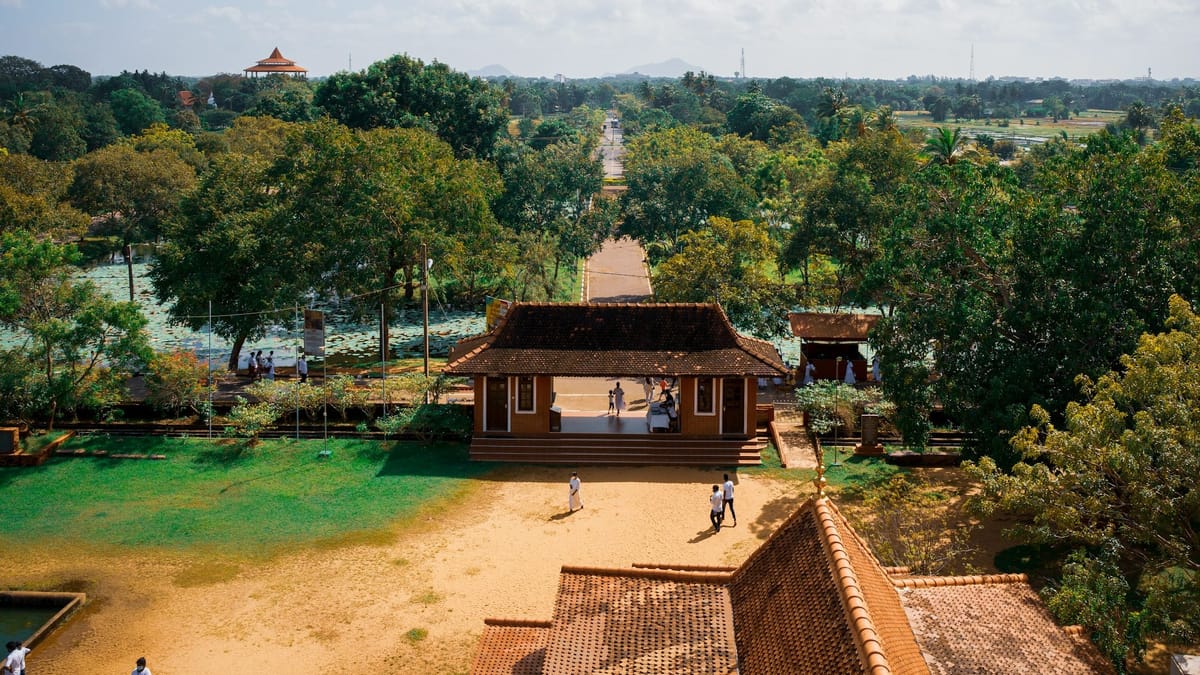Starlink nears India launch after reportedly agreeing to meet security requirements
Should Starlink clear the final regulatory hurdles, it could bring high-speed connectivity for underserved regions in India.
Elon Musk’s satellite internet company, Starlink, appears to be progressing toward a highly anticipated launch in India, following recent reports stating that the company has agreed “in principle” to meet the country’s stringent data localization and security requirements.
This shift marks a critical step for Starlink, which has faced regulatory obstacles since applying for a license in October 2022, to bring satellite broadband services to the Indian market.
For Starlink to operate legally, it had to secure a Global Mobile Personal Communication by Satellite Services (GMPCS) license. This license mandates compliance with India’s data localization rules, which require storing all user data within the country and allowing government access when necessary.
Now, Starlink’s agreement with India’s Department of Telecommunications (DoT) suggest that the company is in "progress" with aligning with these regulations. However, Starlink’s progress in India also involves coordination with the Indian National Space Promotion and Authorization Centre (IN-SPACe)—India’s space regulator—where it continues to address additional questions raised before a full approval.
Further, India’s Telecom Regulatory Authority (TRAI) is expected to release spectrum allocation and pricing guidelines by December, which will influence how satellite spectrum is allocated and could impact service delivery and pricing.
Meanwhile, Starlink's potential entry into India isn’t without resistance. Indian telecom giants like Reliance Jio, Bharti Airtel, and Vodafone Idea have voiced concerns, advocating for an auction-based spectrum model similar to what terrestrial networks follow.
These operators worry that administrative allocation of satellite spectrum would give global players like Starlink and Amazon’s Project Kuiper –Amazon’s satellite project– an advantage, particularly in urban areas where the satellite services may overlap with terrestrial networks.
Starlink, however, supports an administrative allocation approach, noting that satellite communications operate differently from terrestrial services.
Globally, Starlink may also benefit from Musk’s recent support for U.S. President-elect Donald Trump, who has hinted at involving Musk in his administration. This connection could enhance Starlink’s regulatory influence as it pursues international expansion, including in India.
With a population of over 1.4 billion people, if Starlink clears these final regulatory steps, its service could drive significant digital connectivity in India, aligning with the country’s growing space economy, projected to reach $44 billion by 2033. The move could also reshape internet access for millions, particularly in rural areas where traditional networks struggle to provide reliable connectivity.








